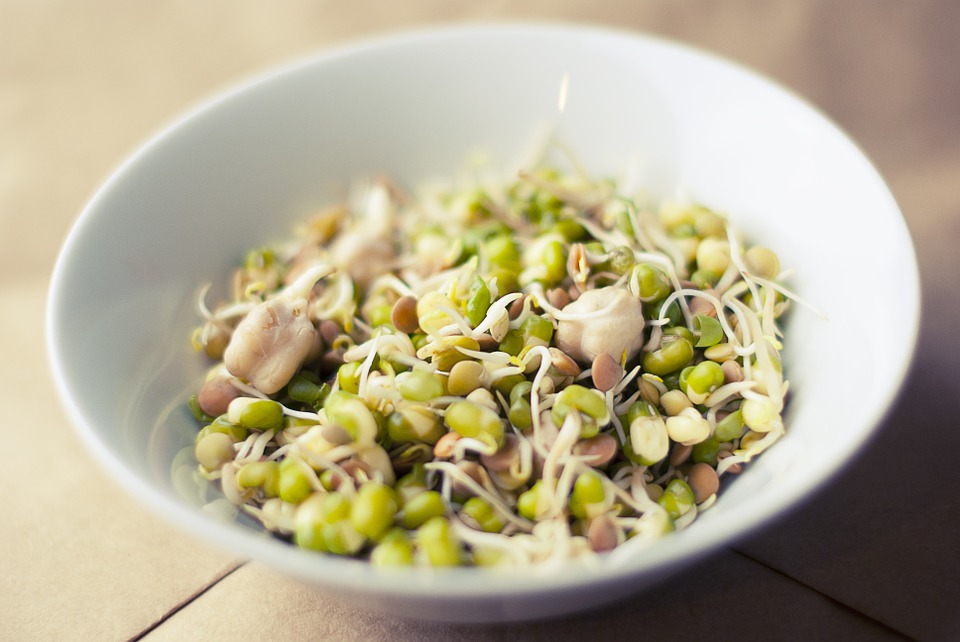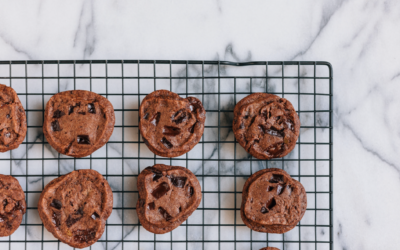Does Soya Cause Cancer?
Firstly, what is soya? Soya beans and products have become a hot topic recently in the rise of more plant-based diets and in particular the link between soya and cancer. Soya beans are are a popular, and cheap legume, native to East Asia. Soya contains a good amount of protein, fibre, potassium, magnesium, copper and manganese. It is also one of the few plant foods with all the amino acids your body needs to make protein, plus, they are a good source of healthy fats, containing both the omega-6 (linoleic acid) and omega-3 (alpha-linolenic) types. Soybeans can be found in many forms, including tofu, the beans themselves (also called edamame), soy milk, miso, and soy powder.
What are the concerns?
Concerns have been raised due to the fact that soya has weak oestrogen (female hormone) like compounds called isoflavones naturally occuring in them. It’s thought that oestrogen can promote the developement, growth and spread of some cancers, and so research has been conducted into whether soya and cancer are linked, and in particular, breast cancer.
What does the research say?
One small study conducted in 2014, suggested that for some women, adding a medium amount of soy to their diets turns on genes that can cause cancer to grow.
The study involved 140 women who were newly diagnosed with stage I or stage II breast cancer between 2003 and 2007. For 2-3 weeks prior to surgical removal of the cancer, the women were randomly assigned to eating:
- soy protein (70 women) approx. 50g
- a placebo that looked like the soy protein (70 women) approx. 50g
Once the cancerous tissue had been removed and analysed, the results showed that several genes that encourage cell growth were turned on in women in the soy protein group. However, as with most research, ther study had limitations. The study didn’t last long enough to know whether these genetic changes would cause cancer to actually grow. The study also didn’t look at whether soy does or doesn’t reduce the risk of breast cancer, or whether eating soy would have any effect on women who don’t have breast cancer.
The researchers could not conclude that soy should be avoided, and they could therefore not confirm a clear link between soya and cancer.
So should I avoid it?
The current advice is no. The American Institue of Cancer Research and the World Cancer Research Fund for cancer prevention have reviewed the evidence extensivley in this field. Evidence shows that soya does not increase the risk of breast cancer, breast cancer recurrence, or any other cancer. Soya and cancer, and it’s possible effects on health is an active area of research.
How much can I have?
In general, it is fine to eat moderate amounts of soy foods – about one to three servings per day as part of a balanced diet (a serving is about a half cup). If you’ve been diagnosed with breast cancer and are concerned about any isoflavone effects, ask your doctor or a Registered Dietitian for further and more individualised advice.
In summary
Research on soya and cancer, and soya foods is ongoing, but it is clear that soya is nutritious, safe and healthy. Other potential health benefits include lowering cholesterol and even reducing the severity of hot flushes in women going through the menopause. Soya foods can also help us to achieve an increasingly plant based diet by reducing our intakes of animal protein which can also benefit the environment and food sustainability.
Links to further information on soya and cancer:
World Cancer Research Fund Breast Cancer Prevention
World Cancer Research Fund – General Guidance





